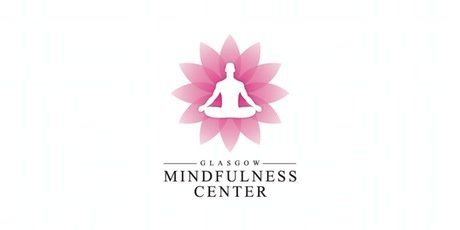Mindfulness Workshop
What Is Mindfulness and How Can It Benefit Individuals, Teams and Organisations?
What Is Mindfulness and How Can It Benefit Individuals, Teams and Organisations?
Mindfulness is simply being 100% in the present and not concerned about past issues or worrying about our future. It’s about focusing our awareness on the current moment whilst calmly acknowledging and accepting immediate feelings thoughts and body sensations.
Putting it another way, it’s about clearing the mind fog and having absolute clarity of thought. This allows us to interact with others more effectively and be more focused, efficient and creative.
Being mindful also promotes a sense of well being and contentment that helps us to leave the stress behind. There’s little point in worrying about the future we can never know exactly what it’ll hold. As Einstein said I never worry about the future it will come soon enough.
Benefits of mindfulness include overcoming negativity, clarity of thought, better relationships, insight and understanding and enhanced performance in work and life in general.
Mindfulness has its origins in Buddhism and has been combined with Cognitive Behavioural Therapy with proven results to enable people to be happier and more effective. All our workshops are secular and have no religious bias. My friend Bhante has been teaching mindfulness for nearly thirty years and here’s a short film explaining it. Together we run courses in the work place enabling people to do what they do better. I hope you enjoy the film.
About Bhante

The Scotland’s Buddhist Vihara and Mindfulness Centre was established in Maryhill, Glasgow in 2003, by a Sri Lankan Buddhist Monk of the Therevada tradition, Bhante Rewatha Thero BA, MA, PGDE.
He started this project with the intention of teaching traditional Buddhist Mindfulness to devotees and local people from the community who expressed a sincere interest in learning more about the practice. After meeting Jon Kabbat Zinn (Professor of Medicine Emeritus and founding director of the Stress Reduction Clinic and the Center for Mindfulness in Medicine, Health Care, and Society at the University of Massachusetts Medical School) in 2006, whilst he was conducting a one-day mindfulness seminar for healthcare professionals, Bhante began to study Mindfulness as an educational programme rather than a religious practice or ideology. He attended the University of Bangor to study more about the secular application of Mindfulness within healthcare and education. Currently he is working on a research degree at the University of Bangor on the subject of Mindfulness approaches in Healthcare and Education.
In addition to the secular mindfulness courses which Bhante has taught throughout the world, he also provides courses to universities, charitable and educational authorities. He has created several courses for those who have completed MBSR (Mindfulness-Based Stress Reduction) and MBCT (Mindfulness-Based Cognitive Therapy).
In 2010 Bhante was appointed Chief Monk (Sangha Nayaka) of Great Britain, the honour bestowed on him by by the Sangha Council of Sri Lanka. He also holds the appointment of Buddhist advisor at the University of Glasgow and University of Caledonia, as well as their Chaplain/Advisor, and he works with students of all faiths. Bhante divides his time between his mindfulness practice and his charity work with a children’s charity in Sri Lanka, set up after the Tsunami struck in 2004.


